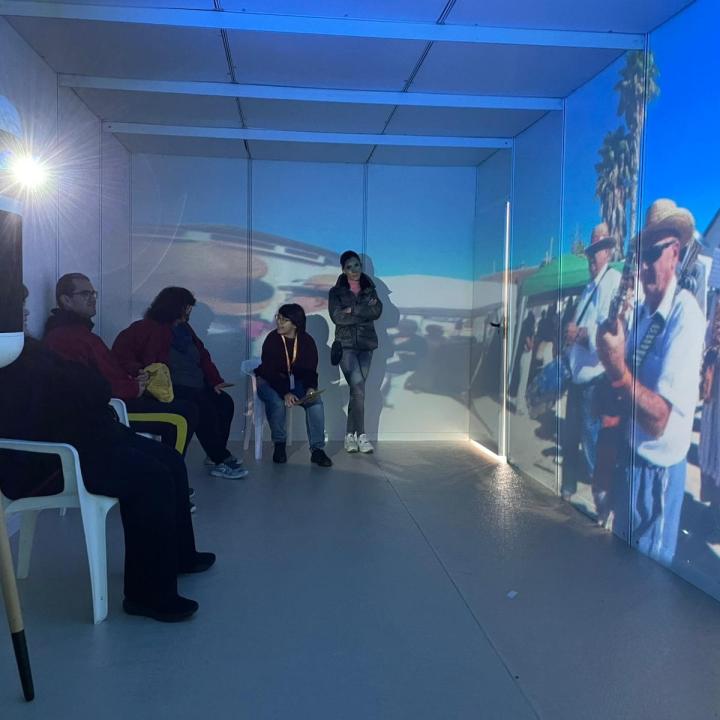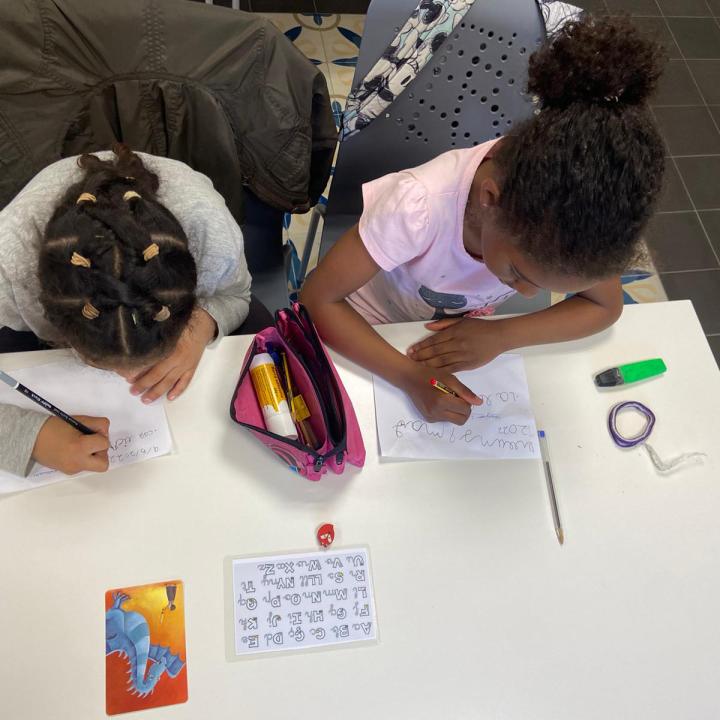For eight consecutive days, Suara Cooperativa has published testimonial videos of female workers to demand a greater presence of women in leadership positions, an end to the wage gap or greater co-responsibility in caregiving tasks.
The "Women who decide" campaign, which started last March 1, ended today with a video by the president of the Governing Council of Suara Cooperativa, Laia Bonastra. In it, she explains the importance of breaking with the wage gap for female workers in the Spanish state, where their salary is 28% lower than that of their male colleagues. In large part, this is due to the lack of co-responsibility and recognition of the tasks of caring for a family member, which are mainly undertaken by women.
However, he has also put on the table how cooperatives can be set up as an exemplary model of social transformation in the workplace, since 52% of their managerial positions are in the hands of women, according to the barometer of the Federation of Labor Cooperatives of Catalonia. "Our cooperative model is a reference when it comes to creating spaces where women assume leadership roles, make decisions and, therefore, contribute the gender perspective to social transformation", says Laia Bonastra, president of the Governing Council of Suara Cooperative
Eight witnesses for 8-M
Precisely, to promote female leadership, for eight consecutive days, Suara Cooperativa has released a testimony of women who make decisions in their day-to-day lives.
The first of these was led by the general director of Suara Cooperativa, Laura Peracaula, who details the figures of the glass ceiling: the presence of women in general management positions is limited to around 9% of all companies in the Spanish state
“It is essential to recognize and support female talent at all business levels. Women not only bring a unique and very valuable perspective, but also inspire other women to follow in their footsteps and break down barriers", points out Peracaula.
Apart from the testimonies of Bonastra and Peracaula, women workers who work in various services where they accompany people at different stages of life have also been included, so they have a voice on how inequalities affect the different areas of society.
Jèssica Andreu, director of the Shared Schooling Unit of Cambrils, addresses the need for family reconciliation policies and co-responsibility for the tasks of care and parenting that, traditionally, have been carried out by women. Beyond the fact that these jobs make it difficult for women to develop their professional careers, it also highlights the repercussions it has for their mental health or the upbringing of children.
Why are there more feminized sectors such as care or others more masculinized such as science or technology? Joana Pegueroles, director of the Center d'Acollida de Terres de l'Ebre (CATE), answers these questions at the same time that she claims the importance of breaking with gender roles from the first stages of life through the education, leisure and play.
Women's inequalities in the world of work are not limited to the difference in wages or the impossibility of reaching decision-making positions, but they are also the ones who have the most adversities when it comes to finding a job . A difficulty, assures Arantxa Ruiz, technical person for Suara Insertion, which is even greater in the case of women from diverse backgrounds. So, Ruiz reveals how the different axes of intersectionality, such as gender, origin, culture or sexual orientation and gender identity, influence a person's exclusion from work.
The striking testimony of Anna Domingo, director of the Center de Primera Acollida de Sarrià for women in a situation of homelessness, narrates the emotional impact borne by women who live on the streets while indicating which policies must be carried out , how they should be accompanied and what tools they should be given so that they can rebuild their lives, look after their psychological, emotional and physical well-being, as well as get out of social exclusion.
From the Home Care Service (SAD) of Hospitalet de Llobregat, its director Irene Blázquez, defends that the expertise of the women in the sector is key to designing the care model of the future while highlighting the advantages they bring . technological solutions such as virtual reality or resources such as Aliura, the first dependency portal in Catalonia, to improve the quality of life of the person in a situation of dependency, their immediate core, as well as that of the caregivers.
Accompanying a person in an aging process or in the final stage of their life is not easy and has an emotional impact for the workers of the residences such as those experienced by the professionals of the Residential Center Torreblanca, directed by Anna Gasca. From her point of view, the social work that these workers do is not sufficiently recognized while at the same time denouncing the lack of resources allocated to the sector, especially at a time when the population is aging.
Eight testimonials from Women Who Decide in the workplace, who highlight the importance of female leadership. Now, for this to be a reality beyond Suara Cooperativa, where women hold 78% of the positions on the Board of Directors and 75% of the Board of Directors, Maria Parera, talent technician, reflects on the importance that the plans of 'equality of companies are effective in combating the existing gaps.
This March 8, Working Women's Day, from Suara Cooperativa we demand the elimination of existing inequalities in the world of work so that women can access, develop and grow with equal conditions and opportunities as men. The business world, whether cooperative or not, needs more female leadership. At Saura Cooperativa we are Women Who Decide. And you, what do you decide?





